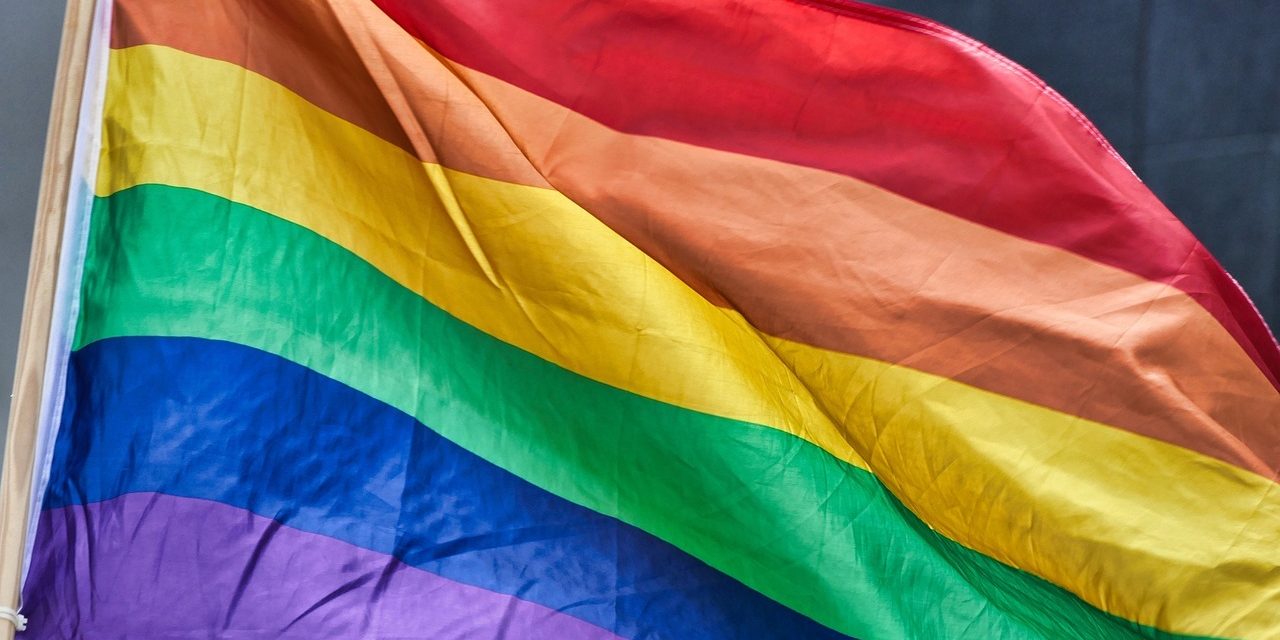A celebration of Queer stories – the 39th annual BFI Flare Festival
The BFI, the pinnacle of film and creativity in London, hosted their 39th annual Flare Festival, where Queer media, film and careers are displayed and celebrated from all over the world and from every sector of the creative industry. Flare started in 1986 and was previously known as the London Lesbian and Gay Film Festival, and is one of, if not the biggest, LGBTQIA+ film festival in Europe. With the schedule packed in with thematic categories, short films, feature films, talks, Q&A’s, workshops and much more, the two-week-long festival was filled with something for everyone to enjoy.
As a first-time volunteer for the BFI and a film festival, I was excited and simultaneously anxious to experience my first festival, as well as what the inner workings of such an important event looked like, and to say it was one of the most amazing experiences of my life would be correct. I have never felt prouder and more accepted by strangers, filmmakers and creatives, with everyone seemingly buzzing with the itch to talk, discuss and debate.
This year’s festival was a tribute to how far the history of these communities has come
The themes this year were Hearts, Minds, Bodies and Best of the Year films (such as I Saw The TV Glow), each displaying representations of the Queer and Disabled community, hosting a plethora of genres, films and documentaries. BFI Flare hosted this year’s festival with current world affairs in mind, with the stripping of rights and the weaponization of certain minorities, this year’s festival was a tribute to how far the history of these communities has come, and a reminder that their voices shall and will be heard amongst the chaos of the world.
The festival opened with the newest, gayest remake of The Wedding Banquet by Ang Lee, with director Andrew Ahn creating a beautifully messy story of the struggles of sexuality and family, which closed with a Q&A from the cast. The theme of the Heart followed quickly, displaying films about romance, love and different types of relationships, starting with a Spanish love story (Los amantes astoronautas) between two boys, displaying sexuality in non-English media. My personal favourite is a film from South Korea, Summer’s Camera, which balanced the blossoming relationship between Summer and her first girlfriend, as well as the delicate process of mourning the sudden death of her father all through the lens of her late father’s camera. As a volunteer, I was fortunate enough to be able to watch the world premiere of the film, as well as meet the director Divine Sung and actress Kim Sia through a Q&A.
The BFI Flare doesn’t just display long feature films but equally a wide range of media – from fiction to nonfiction – such as the documentary I’m Your Venus, featured in the Minds category; the shorts in the theme Bodies like Park Life, Quicker and Matel which all depict short moments of intimacy between men; as well as playing films about trans bodies such as Trans Memoria, once again displaying an important message for trans people in today’s climate. As well as being fortunate enough to sit in on a viewing or a Q&A with directors and actors, there were many community stalls and talks led by LGBTQIA+ companies, whether it be for mental health, careers in acting, a queer-friendly cinema or even badge making, the environment has never felt more open and representative. I enjoyed the Queering the Archives panel with professionals who are attempting to improve on archiving queer lives and history as queer archivists themselves, a subject I am highly fascinated by.
It was truly a pivotal and important festival that shared and documented the stories of queer lives
Working with the BFI gifted me the opportunity to work a plethora of jobs, from marketing the film festival by handing out flyers and setting up a community market space, to checking in film and industry workers into certain viewings. I was able to access many of the feature films, while simultaneously learning how film festivals are organised and curated, as well as how certain positions in the film industry are carried out and how to start my own creative career. Throughout the week, there were themed disco nights that corresponded with the thematic films for the volunteers, workers and visitors, such as an 80’s night called Frankie Goes to Flare, in which I had never seen so much double denim in a single room. We celebrated the closing night of the festival with a huge party, a final farewell to our visiting guests, as well as the 39th anniversary of Flare. It was truly a pivotal and important festival that shared and documented the stories of queer lives all over, uniting us all under the medium of film of which I am proud to have been a part. Volunteering was an amazing experience and I for one cannot wait to do it again.

Comments